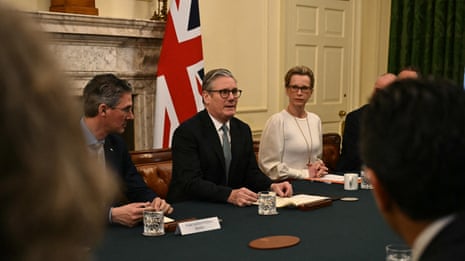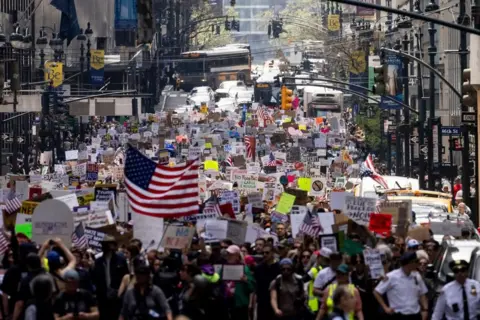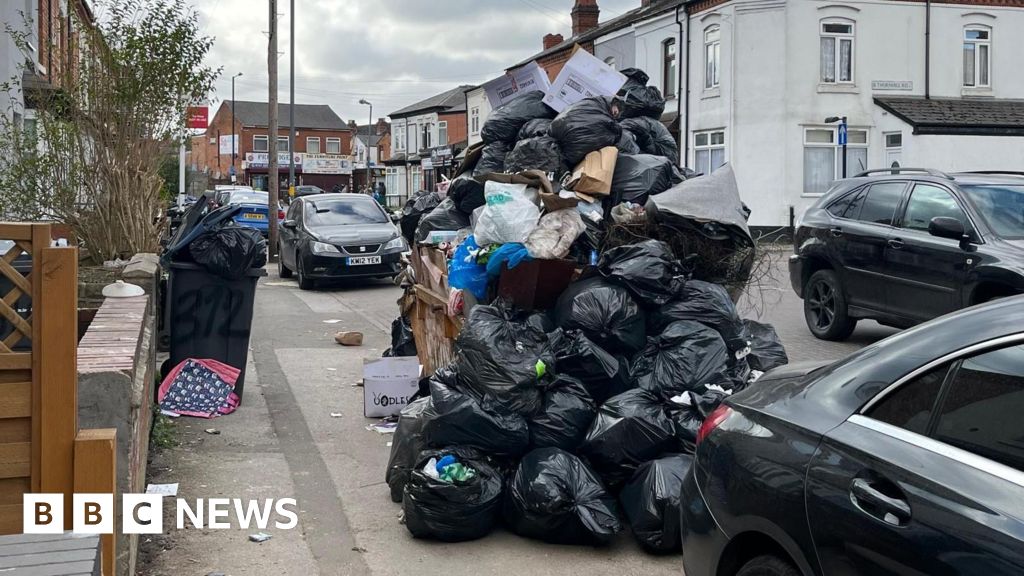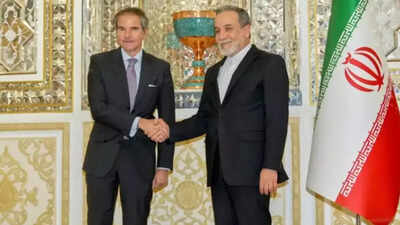Rachel Reeves Heads to Washington for Key Trade Negotiations Amid Growing Optimism

Rachel Reeves, the UK Chancellor, is set to embark on a significant diplomatic journey to Washington next week, marking her first meeting with her American counterpart, US Treasury Secretary Scott Bessent. This visit comes at a pivotal moment as the British government aims to accelerate negotiations surrounding a vital UK-US trade deal, a move that could reshape the economic landscape for both nations.
Reeves' trip to the United States is scheduled from Tuesday to Friday, coinciding with the spring meetings of the International Monetary Fund (IMF). While the IMF meetings will cover various global economic topics, the core focus of Reeves' visit will be her discussions with Bessent, who is considered a potential ally in the ongoing trade negotiations. This meeting is particularly crucial as it follows recent positive signals from the Trump administration regarding trade relations.
Recent developments in international diplomacy have added urgency to these discussions, especially with US President Donald Trump indicating a state visit to the UK planned for September. British officials are increasingly optimistic about the potential for tariff reductions in upcoming months or even weeks. This optimism was reflected in a recent phone call between Trump and UK Labour leader Keir Starmer, where trade was a key topic of conversation. This marked their first discussion since Trump announced tariffs, highlighting the importance of ongoing dialogue between the two countries.
According to a spokesperson from Downing Street, the conversation between Trump and Starmer was described as ongoing and productive, with a strong emphasis on the commitment to free and open trade while safeguarding the national interests of the UK. The call reportedly lasted 35 minutes and allowed for a robust exchange of views on the trade relationship.
A senior government source indicated that in her meetings, Reeves would advocate for a trade relationship that is not only deeper but also more transparent than what is currently on the table. Earlier in the week, she emphasized the active nature of negotiations, stating, Any deal thats able to be secured will always have front and centre British national interest. This commitment underscores the UK government's strategy to prioritize a favorable outcome in these discussions.
Ministers in the UK have placed a trade deal at the forefront of their agenda in US-UK relations. The Office for Budget Responsibility has issued a warning that a widespread global trade war could potentially reduce the UK's gross domestic product (GDP) by as much as 1% in the fiscal year 2026-27, further fueling the urgency behind these negotiations.
However, optimism is tempered by cautious realism, as UK officials express skepticism about their ability to secure exemptions from Trumps 10% global tariff. Nonetheless, they are hopeful about negotiating reductions to the substantial 25% tariffs that have been proposed on select items. British officials have already circulated a draft proposal to their US counterparts that includes concessions on tariffs for steel, aluminum, and automobiles. Notably, this proposal does not encompass pharmaceuticals, which is concerning given that Trump has signaled impending tariffs on this sector that could significantly impact British pharmaceutical companies.
Currently, pharmaceuticals rank as the UKs second-largest export to the US, valued at approximately 7 billion, following automobiles, which account for around 8 billion. In response to these tariff discussions, the UK has offered to lower the rates of its digital services tax, which is primarily applied to a small number of US tech companies.
While the proposed agreement is considered relatively narrow in scope, there is still potential for a broader trade deal to develop in the future. However, any expansive agreement may face considerable political hurdles, such as the UKs resistance to importing chlorinated chicken and other meats, as well as the US's ambition to sell goods and services to the National Health Service (NHS).
In recent days, both Trump and his administration have expressed a positive outlook on the possibility of finalizing a trade deal soon. Reports indicate that US officials are hopeful about completing negotiations within the next three weeks. Trumps press secretary, Karoline Leavitt, stated on Wednesday that the US is poised to announce its first trade agreements very soon. Vice President JD Vance added, Theres a good chance that, yes, well come to a great agreement thats in the best interest of both countries.
During her upcoming meetings, Reeves will engage with Bessent, who is viewed as more moderate compared to the hardliners within the Trump administration. Although Reeves will not engage in direct negotiations with Bessent, she will articulate the UK's position on crucial trade issues, emphasizing priorities such as steel, automobiles, and pharmaceuticals. Bessent has recognized the importance of the UK in the broader context of US trade policy, alongside other nations like Japan, Australia, South Korea, and India, particularly during the ongoing 90-day pause on higher tariffs.
Throughout her visit, Reeves is also scheduled to participate in a panel discussion hosted by the IMF, where she will advocate for enhanced free trade and propose reforms for international financial institutions to reflect the evolving global economic realities. This trip provides Reeves with a platform to not only foster bilateral trade relations but also to position the UK as an attractive investment haven amid global economic instability.
In meetings with business leaders during her visit, Reeves aims to showcase the UK as a desirable destination for investment, seeking to bolster trading partnerships with countries beyond the US. She plans to engage with finance leaders from Europe and India, highlighting the UKs commitment to strengthening its international trade relationships.




























